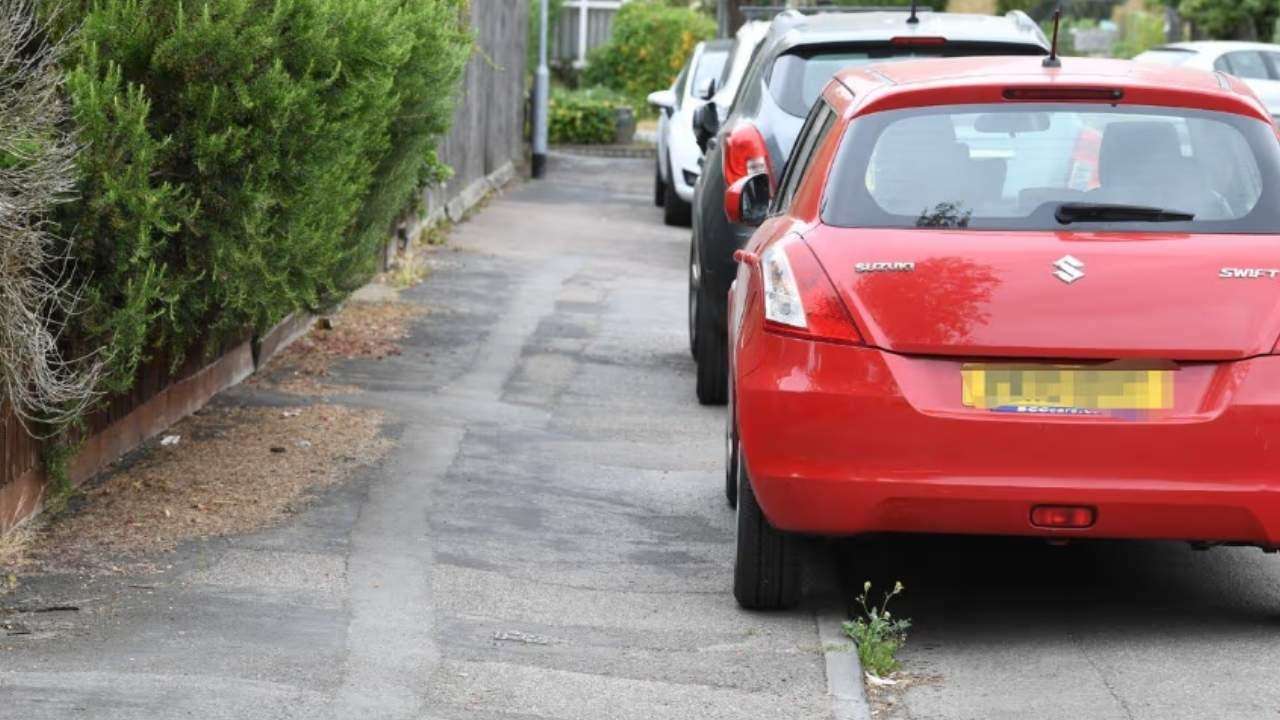An analysis of the latest official UK prison statistics confirms a persistent and troubling issue: the over-representation of Black, Asian, and Minority Ethnic (BAME) men within the sex offender prison population. However, it is fundamentally inaccurate to claim that BAME men, including British Bangladeshi and Bangladeshi men, make up the majority of those imprisoned for sex offenses. The facts reveal a more complex picture rooted in deep-seated systemic issues.
The overwhelming majority of the UK's overall prison population, and specifically the sex offender population, remains White. As of the most recent available data, prisoners who self-declared as White still constitute the largest group of sentenced prisoners in England and Wales, representing approximately 73.7% of the sentenced population in the year ending March 2024.
While White individuals form the largest group of sex offenders in absolute numbers, the issue of over-representation for BAME groups is starkly evident when comparing their prison proportion to their share of the general UK population.
- Asian or Asian British prisoners represented 7.8% of the sentenced prison population (5,530 prisoners) in March 2024, despite making up a smaller percentage of the general population.
- Black or Black British prisoners represented 12.1% of the sentenced population (8,534 prisoners), a figure that is severely disproportionate to their presence in the general public.
Within the "Asian or Asian British" category are British Bangladeshi and British Pakistani men, who are consequently part of this over-represented demographic for sex offenses, particularly for crimes against adults.
High-Profile Allegations Fuel Public Concern
The conversation around accountability and public trust has been magnified by recent high-profile cases involving community leaders and politicians from the British South Asian community. A key example includes the recent suspension of Scottish Labour MSP, Foysal Choudhury, who was suspended by his party following an allegation of harassment, which was reported to include a claim of sexual harassment.
While the legal processes and investigations into such allegations are often complex and confidential, these high-profile incidents involving British Bangladeshi, British Pakistani, and other British South Asian figures—including politicians, community leaders, and public personalities—contribute to a broader narrative that requires sensitive and fact-based public discussion.
Seeking the Psychological and Systemic Drivers
The drivers behind the disproportionate rates of sexual offending among BAME men are multi-layered, extending far beyond simple, speculative questions about sexual satisfaction or marital status. Psychologists and sociologists point to a confluence of complex factors:
Psychological and Cultural Factors
The notion that immigrant or BAME men are "unhappy about their sex life" is a simplification that ignores the profound psychological and cultural barriers at play. For men in traditionally collectivist and conservative communities, especially those with immigrant backgrounds, the following are often cited as contributors to underlying issues:
Stigma and Shame: Open discussion about sexual issues, relationship difficulties, or mental health remains heavily stigmatised, often making men reluctant to seek professional help for underlying compulsions, dysfunctions, or emotional distress.
Acculturation Stress and Identity Crisis: The stress of migration, adapting to a new culture, and the clash between traditional and modern values can create immense pressure, leading to feelings of disempowerment. In some cases, this distress can manifest in harmful, controlling, or criminal behaviours, including sexual offending, as a misguided attempt to regain control.
Trauma and Adverse Experiences: Many individuals, regardless of ethnicity, may have unresolved childhood trauma or prior victimisation, which are known psychological risk factors for perpetration.
Systemic and Criminal Justice Factors
The disproportionate figures are also inextricably linked to how BAME individuals interact with the UK Criminal Justice System (CJS):
Systemic Bias: The CJS has historically been accused of systemic bias, including higher rates of arrest for BAME individuals and a greater likelihood of receiving harsher custodial sentences compared to their White counterparts for similar offenses.
Plea Disparities: Data has suggested that BAME defendants are less likely to plead guilty than White defendants. As a guilty plea often results in a reduced sentence, a 'not guilty' plea that results in a conviction leads to a longer Average Custodial Sentence Length (ACSL) for BAME offenders, contributing to their over-representation in the prison population.
Pathways to Reform and Community Action
Addressing this crisis requires a two-pronged strategy from the Government and the BAME community itself.
The Government's strategy must move beyond broad crime prevention to include culturally competent intervention and CJS reform:
Mandate Cultural Competency: All CJS personnel, from police to probation officers, must receive mandated training on cultural competency to mitigate unconscious bias and improve the handling of cases involving BAME defendants and victims.
Targeted Mental Health Support: Fund local health authorities and third-sector organisations to create culturally sensitive mental health and relationship support services for BAME communities. These services must destigmatise sexual health and relationship issues, offering a proactive alternative to crisis.
Invest in Diversionary Programmes: Increase investment in community-based intervention and early diversion programmes designed specifically for vulnerable BAME individuals at risk of offending.
The British BAME community must also engage in a necessary internal reckoning to address the cultural silence:
Break the Silence on Sexual Health: Community leaders, mosques, and other cultural institutions must actively facilitate open, safe, and non-judgmental discussions about sexual health, consent, and relationship challenges to dismantle the stigma and encourage help-seeking behaviour.
Promote Positive Masculinity: Support initiatives that promote positive and non-violent forms of masculinity within younger generations to challenge harmful traditional norms that can lead to controlling or abusive behaviours.
The challenge of BAME over-representation in the UK's sex offender prison population is a public policy crisis that demands data-driven reform, not anecdotal sensationalism. By addressing both the systemic inequalities within the justice system and the underlying psychological and cultural barriers, the UK can move toward fairer justice and safer communities for all.







.jpg)
.svg)

